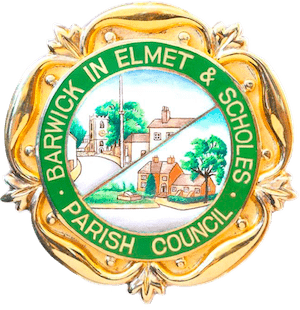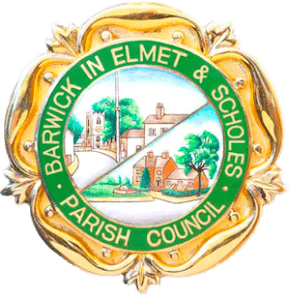Jargon Buster
Work in progress - based on Skegness page
Jargon Buster
Amenity – a desirable or useful feature or facility of a building or place.
Asset – a useful or valuable thing or person.
Budget – an estimate of income and expenditure for a set period of time.
Code of Conduct – A rules around Councillors behaviour and conduct following the principles of
selflessness, integrity, objectivity, accountability, openness, honesty and leadership.
Commission – the act of granting authority to undertake a certain function.
Council Business Plan – a written document that describes how the Council will achieve its goals.
Delegate – entrust (a task or responsibility) to another person or organisation.
Duties and Powers – Duties are things the Council must do, powers are things the Council may do.
Element – part of
Equates – consider (one thing) to be the same as or equivalent to another.
Expenditure – amount of money spent.
Financial Regulations – A policy document providing procedural guidance on financial management
and responsibilities.
General Power Competence – Skegness Town Council holds the General Power of Competence. This
gives an eligible local authority the power to do anything that individuals generally may do.
Imposed – forced.
Income – money received.
Objectives – things aimed at or sought, goals.
Obliged – legally bound to do.
Offset – to counteract. A consideration or amount that diminishes or balances the effect of an
opposite one.
Parish – the smallest unit of local government. For Skegness Town Council this covers the area of
Skegness & Winthorpe.
Precept – Town and Parish councils are funded by a local tax on residents known as a precept. The
precept that Skegness Town Council receive is less than 5% of your Council Tax bill. As they tax and
spend residents’ money they must produce accounts irrespective of the councils’ size. These
accounts cover the annual period from April to March
Principles – fundamental quality and reasoning to determine the nature of something.
Purdah – The pre-election period between the announcement of the election and the results. No
action can be taken in this period which may be seen as advantageous to any candidate.
Re-prioritise – to re-arrange (items) to be dealt with in order of importance, to re-establish
priorities.
Responsible Financial Officer – person responsible for the administration of the Councils’ financial
affairs and to provide sound financial management of all the Councils accounts.
Shortfall – a deficit (shortage) of something required or expected.
Standing Orders – the rules and guidelines for operating a local council.
Town Clerk – Appointed by Council as popper officer, providing professional advice and
administrative assistance to ensure the Council conducts its’ business properly and lawfully. The
Town Clerk is responsible for implementing the Councils decisions. The Town Clerk for Skegness also
acts at the Councils Responsible Financial Officer.

